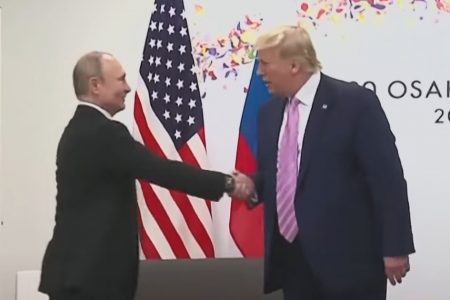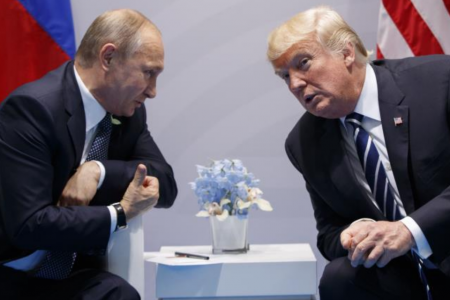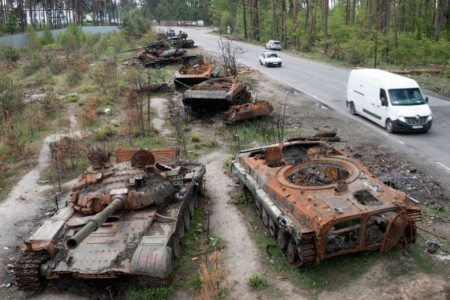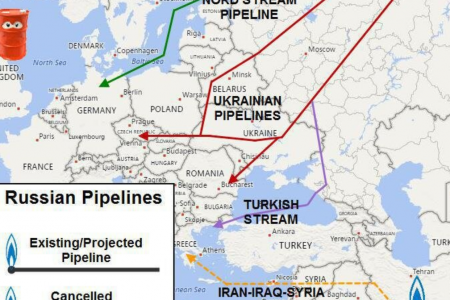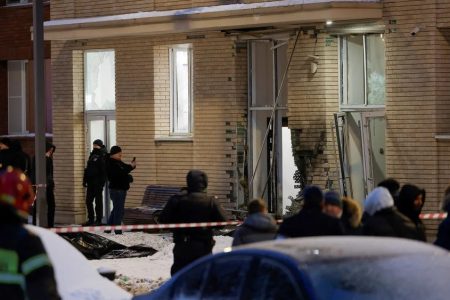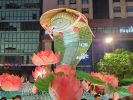Recently, the market management forces in many Vietnamese localities have continuously seized a large number of counterfeit consumer goods, counterfeiting trademarks of big registered brands. Some experts worry that Vietnam is in danger of becoming a “global factory” of fake goods.

In each case, tens of thousands of counterfeit products, counterfeit products, are sold via live streams
At the end of March, the market management force in Ninh Binh province checked the warehouse with an area of nearly 1,000 square meters of Mr. Tran Van Ban (in Diem Khe village, Gia Trung commune, Gia Vien district). In the warehouse, there was a large number of household products, food, functional foods, clothes, watches … showing signs of counterfeiting, smuggling, and violation of labeling and food safety.
According to the Ninh Binh market management agency, this is the largest ever warehouse in the province. One of the methods used by this establishment to do business is to use live streams technology for selling on social networks, mainly Facebook.
Recorded on the sales system of the above facility, in 6 months, more than 655,000 orders were closed for sale.
On average, more than 3,000 orders were sent a day through delivery services.
Recorded on the establishment’s sales system, each live stream video has about 5,000 views and an average of 1,000 orders a day was sent through shipping services.
Previously, Ha Nam’s market management forces also temporarily seized more than 5,000 finished men’s fashion clothes branded Adidas, Nike, Lacoste, Burberry, and more than 4,000 separate labels branded Adidas, Nike, Burberry at a manufacturing facility. The establishment’s owner cannot present processing contracts and invoices and documents related to raw materials for production.
Before that, hundreds of brands with tens of thousands of products from clothes, household appliances to cosmetics, mainly traded via social networks through the form of live streams, were discovered and seized by the Hanoi market management.
Also in Hanoi in March, the authorities also seized 3,000 fake fashion footwear products such as Dior, Chanel, Gucci, Burberry, Adidas, LV, Zara, and Hermes.
Need to amend many laws
According to market management’s statistics, items that are often counterfeited, infringing intellectual property rights include food, functional foods, clothing, shoes, pharmaceuticals, cosmetics, agricultural materials. Industry, construction materials, electronics … Counterfeit goods are sold publicly, rampant on commercial websites, social networking sites like Zalo, and Facebook.
Mr. Linh said that in order to handle the production and trading of counterfeit and fake goods, it is necessary to soon improve the law on market management in the direction of increasing penalties for the act of producing and trading counterfeit goods.
Specifically, it is necessary to complete the amendment of the Ordinance on Market Management in 2016 to conform to new laws such as the amended and supplemented Criminal Code, the Competition Law 2018, the Foreign Trade Management Law, and the Pharmaceutical Law, etc.
In particular, there is an urgent need to immediately amend a number of articles of the Law on the handling of administrative violations, which reinforce the legal status of market management in the field of dealing with administrative violations for production acts and dealing in counterfeit goods.
Mr. Tran Huu Linh, General Director of the General Department of Market Management, said that the problem of counterfeiting and infringement of intellectual property rights is now quite complicated. Through the collection, research shows that counterfeit goods are often mixed with real products with clear origins.
Therefore, it is difficult to detect violations. The violators often change methods and tricks and have the participation of foreigners, organized more and more sophisticatedly, with the connection from production to distribution and use of modern methods and high technology to deal with the authorities.
In particular, the situation of trade fraud, unfair competition, counterfeiting, infringement of intellectual property rights through the Internet is increasingly popular and complicated while sanctions handle violations are not completed yet.
Detecting and handling violations on e-commerce platforms are also very difficult because the subjects often use multiple accounts on many social networking platforms.
Some objects are even more sophisticated, using software to change IP addresses (addresses to identify a person when accessing the Internet) to evade the management of authorities, making it difficult to collect, check and handle commercial frauds on e-commerce platforms.
Mr. Tran Huu Linh also said that in 2021, the market management force will focus on continuing to inspect and control e-commerce and deploy the fight to prevent, inspect and handle violations in the areas of counterfeiting, of unknown origin, and infringement of intellectual property rights.
According to Linh, online shopping is becoming more and more popular, a number of new tricks are appearing on the e-commerce platform focusing on high-value goods and goods produced by foreign countries. Right from the beginning of 2020, the General Department of Information Management has set up a specialized division in charge of fraud prevention in the Internet environment. Through information capture and professional measures, in 2020, information management has handled a number of large-scale lines and drives in the Internet environment, especially the new business model, such as on social networks, and multi-channel sales channel live stream.
Producing and trading counterfeit goods bring super profits, so more and more people are participating.
Forms of online buying and selling, e-commerce sites are thriving and there are e-commerce floors that neglect quality inspection, so counterfeit and fake goods sell widely on these platforms.
Especially the emergence of social networks like Facebook with a large number of users, a strong spread. The bad guys can easily live stream selling fake goods, wild knockoffs, two live streams can earn a few billion to several tens of billion dong that the regulators cannot know and control.
The worry that Vietnam becomes a factory for manufacturing counterfeit and pirated goods
An expert on e-commerce in Ho Chi Minh City said that the problem of counterfeit goods in Vietnam is now increasingly sophisticated and complex. Laws and sanctions handle as well as management agencies are still unable to keep up with those who manufacture and sell fake goods. Currently, due to the explosion of e-commerce and social networks, the sale of counterfeit products is easier and easier.
According to this expert, because of the huge profit, in addition to importing fake and counterfeit goods from China as before, many individuals now manufacture counterfeit and fake goods in Vietnam.
Vietnamese people focus on the production of counterfeit products of high-value items, so they bring huge profits. The production and sale of counterfeit goods are easier and easier, but the law has not kept up, the authorities are not strong enough to inspect and handle all. Therefore, Vietnam may become a famous factory in manufacturing and trading counterfeit and fake goods. That would be very dangerous.
Mr. Ngo Bach Phong, Vice Chairman of Ho Chi Minh City Consumers Protection Association, said that the reason for counterfeit goods still has living land is because consumers’ demand for cheap, branded products (though is fake) is still huge. In the current development of e-commerce, the living land of counterfeit, pirated, and infringing intellectual property rights seems to be expanded.
According to Mr. Ngo Bach Phong, the current management tools of the State have not caught up to protect consumers from counterfeit goods. For example, the Law on Consumer Protection issued in 2010 has a content that when there is a problem with fake goods, consumers can complain. However, where the complaint is also a problem when the state management agencies at the city, provincial, district, ward, and commune levels do not have a division specialized in receiving and protecting consumers. At the central level, there is a department located in the competition management department of the Ministry of Industry and Trade. Guiding consumers to social organizations to complain is also not good because social organizations such as consumer protection society also only have the function of receiving letters and organizing conciliation.
Or in the law, there is mentioned that the court can hold a shortened court hearing to handle cases related to consumer protection but in fact, there has not been such a trial.
Thoibao100.de (Translated)




